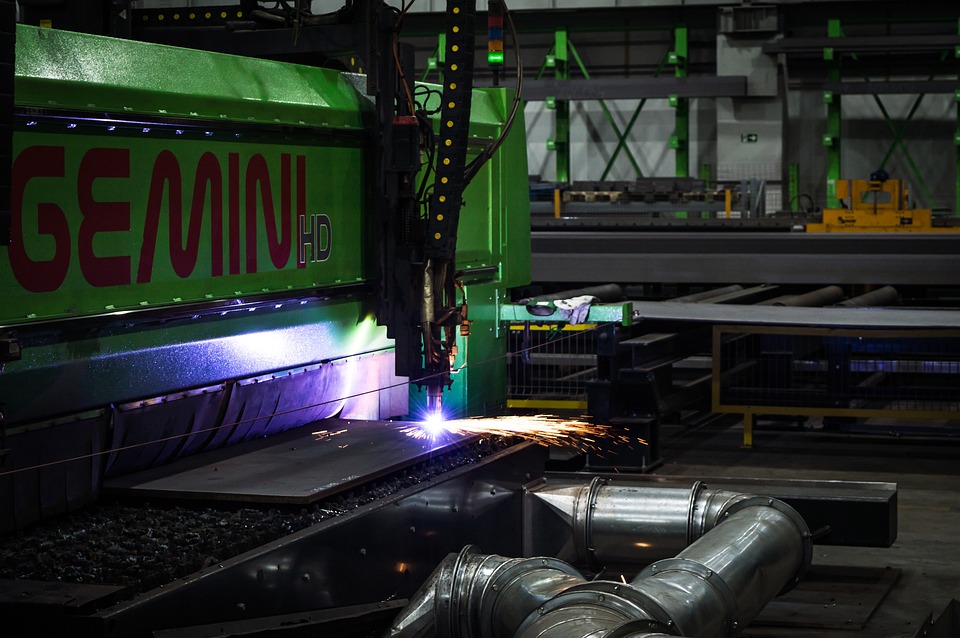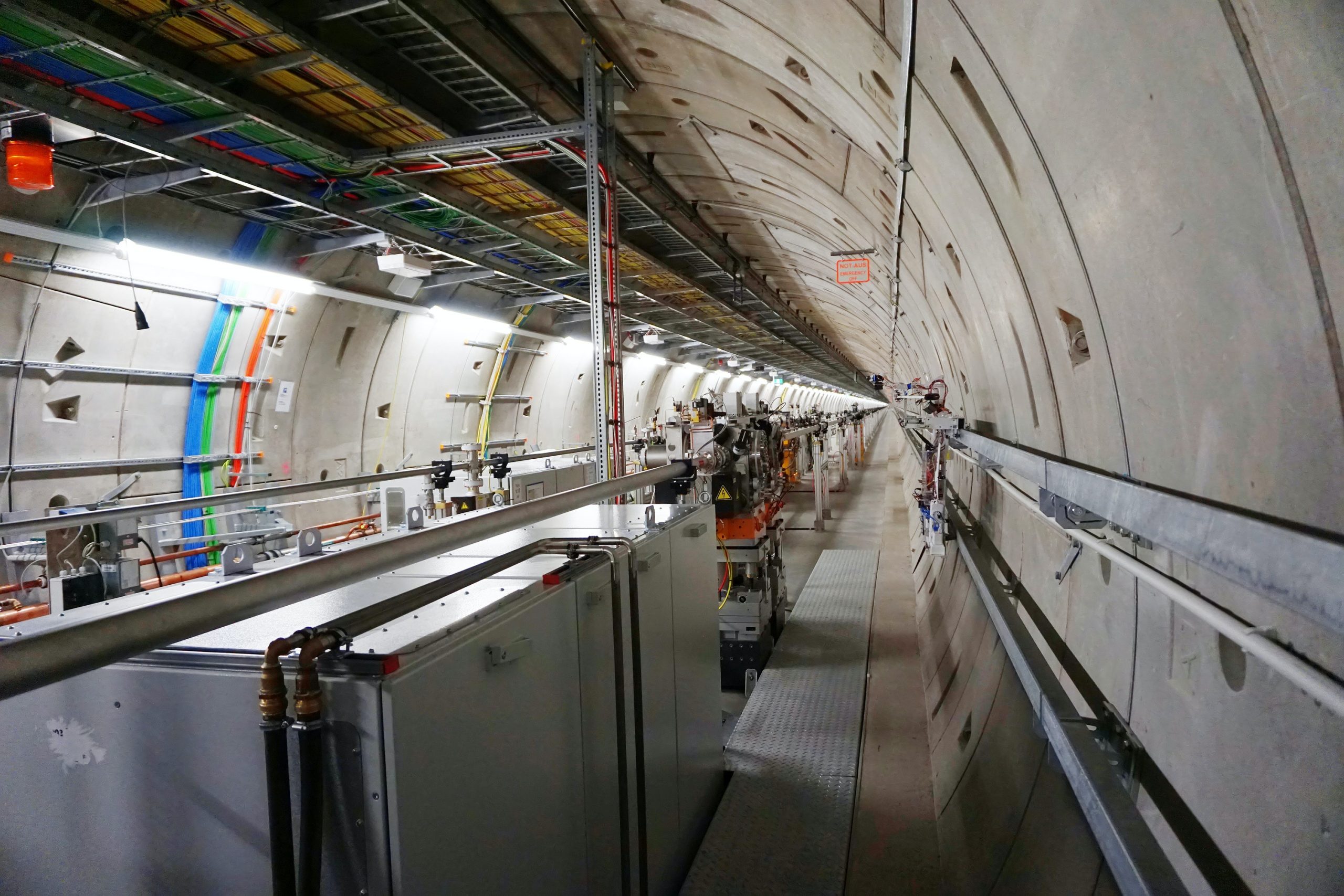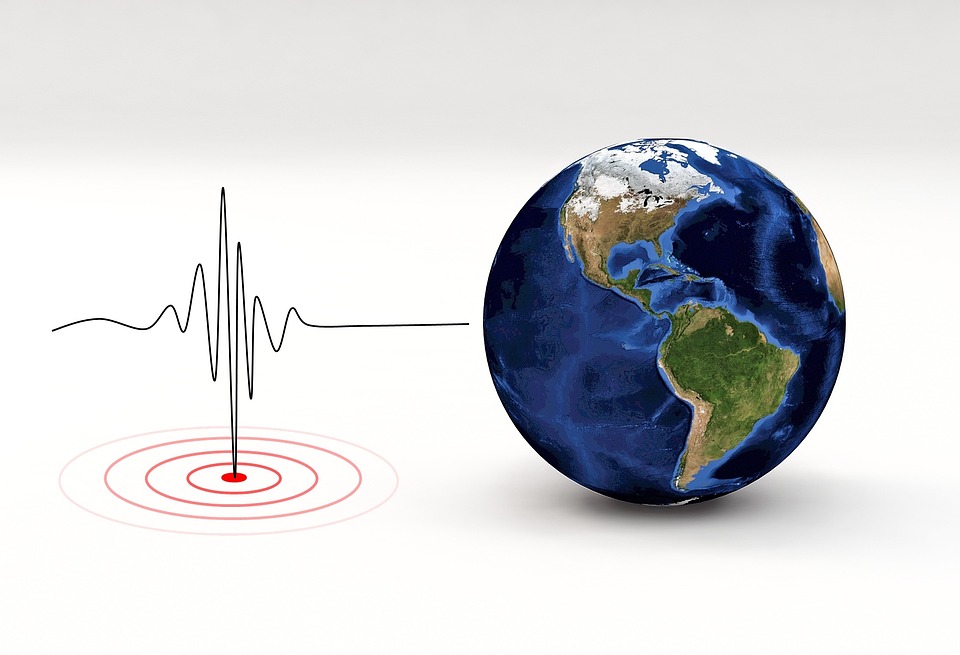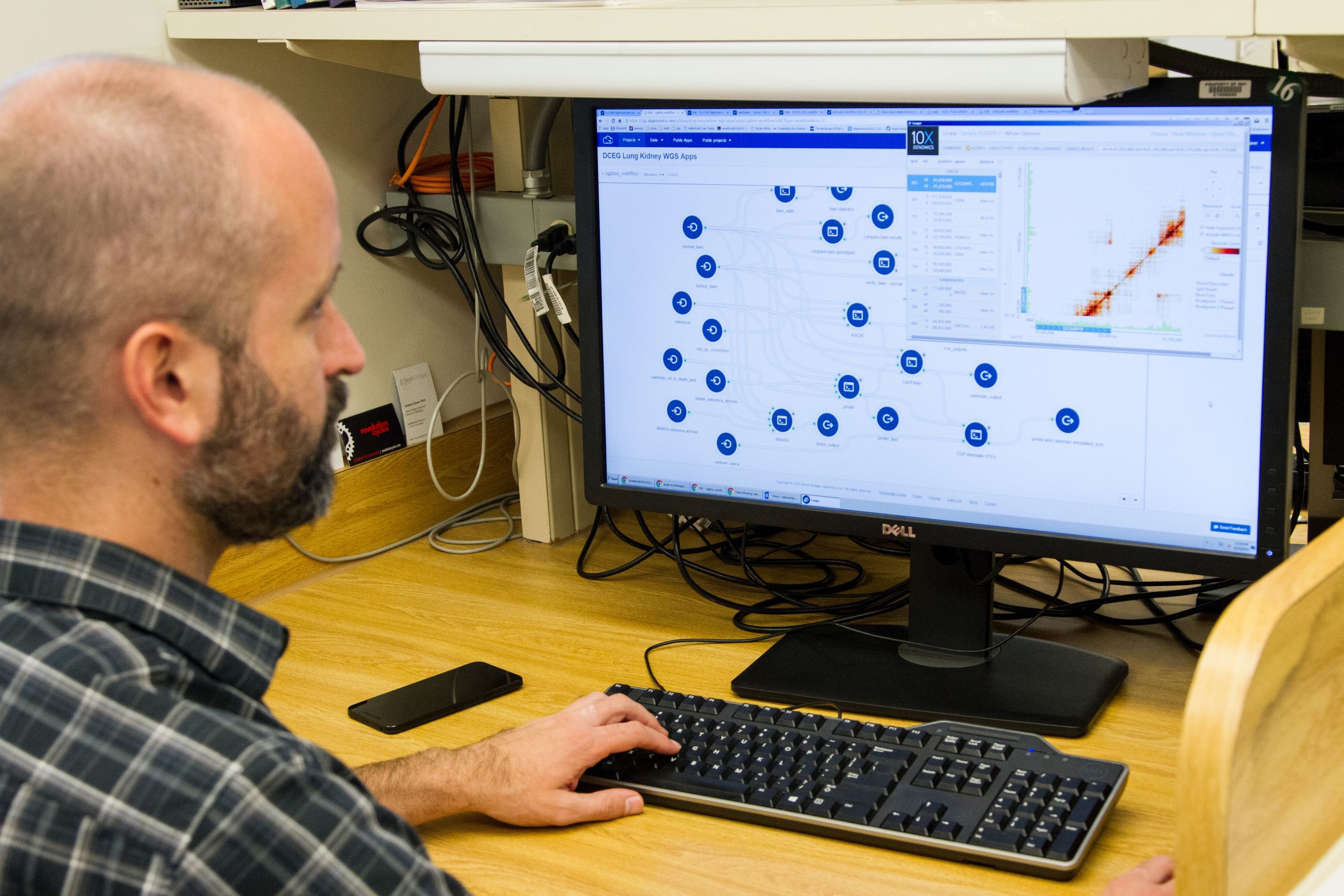If you love physics but think that your job prospects only include teaching or working at NASA, think again.
Anyone passionate about physics can make a living using that enthusiasm in many careers.
Not to mention, many of these careers come with a good income, fascinating tasks, and endless possibilities to explore the science and nature of physics.
Keep on reading to learn about the many different roles physicists play in the workplace.
Article Table of Contents
- 1 Jobs for Physics Majors
- 2 30 Jobs in Demand for Physics Majors
- 2.1 1. Data Scientist
- 2.2 2. Laser Engineer
- 2.3 3. Quantitative Research Analyst
- 2.4 4. Optical Engineer
- 2.5 5. Solar Physicist
- 2.6 6. Health Physicist
- 2.7 7. Acoustical Engineer
- 2.8 8. Technical Writer
- 2.9 9. Accelerator Operator
- 2.10 10. Process Engineer
- 2.11 11. High School Physics Teacher
- 2.12 12. Seismologist
- 2.13 13. Science Journalist
- 2.14 14. Forensic Firearms Examiner
- 2.15 15. Energy Policy Analyst
- 2.16 16. Patent Agent
- 2.17 17. Computational Scientist
- 2.18 18. Meteorologist
- 2.19 19. Astronomer
- 2.20 20. Nuclear Physicist
- 2.21 21. Materials Scientist
- 2.22 22. Research and Development Engineer
- 2.23 23. Professor
- 2.24 24. Research Analyst
- 2.25 25. Systems Analyst
- 2.26 26. Scientist
- 2.27 27. Radiation Safety Officer
- 2.28 28. Sales Engineer
- 2.29 29. Aeronautical Engineer
- 2.30 30. Instrumentation Engineer
- 3 Entry Level Jobs, Apprentices, or Internships
- 4 Is Physics a Good Career Path?
Jobs for Physics Majors
The skills that a physics professional can bring to the workforce are incredibly valuable.
There are jobs in all kinds of trades, including:
- Telecommunications
- Education
- Defense
- Information technology
- Healthcare
- Aerospace
- Manufacturing
- Energy
This is hardly a comprehensive list, so keep reading for more specific, detailed jobs for anyone with a passion for physics.
30 Jobs in Demand for Physics Majors
1. Data Scientist
For anyone who loves analyzing and measuring information to be able to solve problems in business or other processes, becoming a data scientist might be your dream job.
These scientists can identify issues and offer solutions based on data, using that physics degree well.
According to Salary.com, the average data scientist in the United States makes an average of $139,202 per year.
2. Laser Engineer
An intimate knowledge of physics is required to create, operate and sustain the operation of lasers.
Lasers are used in all kinds of settings, from manufacturing to the armed forces.
This is a very detail-oriented job to operate fascinating and sometimes dangerous equipment and maintain and keep the machinery and process safe for use.
Laser engineers make an average of $90,407 per year.
3. Quantitative Research Analyst
A physicist who loves to measure and predict the outlook of specific trends or products should look at becoming a quantitative research analyst.
These skills are crucial for any business or organization to make sound decisions, which takes advantage of the mathematics and theoretical training that most physics majors will have.
This type of analyst makes around $123,667 annually.
4. Optical Engineer
For any physics major who is into lens systems, cameras, telescopes, and anything else that requires lens manipulation in some way, optical technology could be right up their alley.
This can involve the creation and testing of new products and requires intense mathematics and the process of production and safety.
The average annual salary for this position is $92,393.
5. Solar Physicist
The power of the sun and its effects on the earth are the focus of most solar physicists.
Therefore, observation skills and a sound understanding of physics are mandatory for this work.
This can be a repetitive and slow job, with experimentation and observation taking quite a lot of time with spatial distance.
But the rewards of new discoveries regarding the mysteries of the universe are immense.
Annual salaries are around $70,000.
6. Health Physicist
A physicist in this medical role would be responsible for observing, analyzing, and improving any physics programs in the healthcare field.
These areas can involve radiation, contamination, equipment maintenance, and much more.
It’s an expansive field with many specialties to choose from, all for the betterment of human health.
The salary for this job averages about $85,021 per year.
7. Acoustical Engineer
If you love noise-canceling headphones, you can thank an acoustical engineer for designing them.
Many projects for an acoustical engineer involve analysis, design, and even the manufacturing of sound projects.
A physics degree is incredibly handy with this position, as the precision and mathematics mastered throughout your major will be vital to this work.
In addition, this position has to sound pretty good at an average of $83,943 annually.
8. Technical Writer
Measuring, collecting, and analyzing data, along with a strong physics background, gives you precisely what you need to make it as a technical writer.
While active, hands-on projects are an essential part of physics, delivering information, data, or any other details written for publication is a highly sought-after skill.
If you think writing about physics suits you, you can expect to make an average of $60,795 per year.
9. Accelerator Operator
If you’re fascinated by subatomic particles and the research being done with them, imagine being in charge of an accelerator machine.
You’d be responsible for observing, tweaking, and fixing any part of the machine when needed.
A strong understanding of physics is mandatory, and you should expect extensive training on the job if you get this kind of position.
An average of $49,000 per year is averaged for someone with this job.
10. Process Engineer
People who enjoy working as part of a team should look at becoming a process engineer.
These people assess specific details before providing both insights and possible solutions, putting that physics degree to work.
Gathering and analyzing this information can be for a department’s flow, design, new products, and more.
You can expect to make around $73,768 per year in this position.
11. High School Physics Teacher
Most people think that becoming a physics teacher is one of the few options for a career with their degree.
Clearly, there are many other jobs – but a career in teaching can be one of the most rewarding ones for the right candidate.
While enriching the lives of young people is fulfilling on its own, you can expect to make an average of $58,903 per year with this job.
12. Seismologist
Earthquakes, landslides, tsunamis, and other natural events and disasters desperately need people to continue to study them to prevent unnecessary deaths and to further understand the natural phenomena in our world.
So if you loved your geology classes while you worked towards your physics degree, this might be the perfect career.
On average, a seismologist makes around $68,477 per year.
13. Science Journalist
A science journalist with a strong physics background can make for an outstanding science journalist.
When you take your physics foundation and apply it to reporting groundbreaking research, events, and studies, you have the opportunity to share essential and fascinating discoveries with the world.
You might even inspire young, aspiring scientists while you’re at it.
A science journalist makes about $51,328 per year.
14. Forensic Firearms Examiner
Anyone who enjoys watching true crime or forensics television shows knows the value of a firearm or ballistics expert.
These specialists are invaluable when building a case to get dangerous criminals off the streets.
Your physics background can be extremely valuable when evaluating how a firearm was used in a crime.
These experts pull in around $76,624 per year.
15. Energy Policy Analyst
Energy and efficiency are the focus of this particular career.
This position could be a direct extension of your academic career in certain ways, depending on the focus of your physics major.
This person can analyze, advise and suggest solutions for energy problems in various settings and for multiple intents.
An energy policy analyst can expect around $56,658 per year.
16. Patent Agent
When your specialty is in physics, and you love to be involved in the research and development process of anything, it’s helpful to be a patent agent.
This person can put together patent agreements while preparing the paperwork required to file for the patent.
Again, your penchant for being detail-oriented and understanding fine details that come with a physics degree will be put to good work here.
A good patent agent can make around $101,733 annually.
17. Computational Scientist
Any physicist knowledgeable about software would make a great computational scientist.
This position requires you to be able to design, assess and monitor multiple research projects.
Knowing a bit of programming and how specific software works is a boon in this position and something you may have already studied while majoring in physics.
On average, salaries are around $97,557 per year.
18. Meteorologist
In this position, you should be able to interpret all weather-related data from multiple stations and report your findings to the proper source.
A comprehensive understanding of physics is beneficial in this role.
A better term for a physicist who takes on the meteorologist role might be a weather scientist or atmospheric scientist.
No matter the title, this position makes an average of $104,918 yearly.
19. Astronomer
Anyone who analyzes, researches, and studies astronomy must have a firm grasp of physics, as this role may rely heavily on limited or unclear data and creativity.
This is where your years of studying, analyzing, and figuring out certain data will shine, highlighting so much of what you learned with your physics degree.
In general, an astronomer makes around $119,456 each year.
20. Nuclear Physicist
If you want to be part of a laboratory environment or work with radiation to help people, you may want to become a nuclear physicist.
Some may associate this role only with someone who works in a nuclear power plant, but you can also utilize this title to help with medical progress.
Research, experimentation, and treatment plans are all involved in different roles as nuclear physicists.
This type of physicist makes an annual average of $126,675.
21. Materials Scientist
Another laboratory position that takes advantage of being a physics major can be found as a materials scientist.
Testing is often done on synthetic and natural materials to assess and improve them, if possible.
For example, imagine creating material as close to the texture and appearance of skin as possible.
If this sounds great, you can make an annual average of $94,240.
22. Research and Development Engineer
The title of this position pretty much sums up the job.
But the great part about this role is that just about every business and organization needs research and development talent.
With your background in physics, you have the edge over other candidates who don’t have this crucial understanding.
The salary for someone in research and development can vary quite a bit, but the average annual rate is about $114,129.
23. Professor
Teaching high school students who may lack the maturity and enthusiasm you want to see in a physics education setting won’t appeal to everyone.
But if you’re still interested in the field of education, you might enjoy working with adult students.
As a professor, you’ll have students who want to learn and are interested in physics.
While this level of instruction can be challenging on every level, it is also rewarding.
At this level, professors make an average of $113,491 per year.
24. Research Analyst
This role is similar to a data analyst, but this role may trend more toward the business and finance sectors.
You’ll be expected to do your research with detail and comprehension, compile the results, decipher the information and present it to your superiors.
Depending on the kind of research you’re involved in, a reported $63,496 per year can be expected.
25. Systems Analyst
Anyone who loves design, development, and execution using information technology may enjoy studying and improving or creating systems.
In the correct position, your solid understanding of physics could really help improve and even streamline specific processes.
You can also find this role in a variety of settings, giving you a selection of jobs and specialties to choose from.
The national average income for this role is about $53,997 annually.
26. Scientist
While this title may seem basic and relatively obvious to those outside of physics, it’s how most physicists see themselves enjoying their degree and career.
Most scientists enjoy long, productive careers in laboratories researching how things work, how to improve them, and even creating a new product or substance.
Not to mention, it takes full advantage of that physics degree!
A scientist’s salary is $106,859 on average per year.
27. Radiation Safety Officer
Safety is the number one priority regarding radiation, no matter where it may be used or found.
Imagine being able to keep people safe or improving their overall well-being by overseeing the use and safety of radiation.
This is another job where the detailed-oriented focus of your major will come in handy.
You can expect an annual income of about $84,073, depending on the position and job location.
28. Sales Engineer
You’d make a great sales engineer if you’re the sort of person to take a product and love the process of getting to know it inside and out.
This position requires the ability to interpret data, understand your product and make a way to get through to customers.
$92,844 is the average yearly salary for this position, but it will vary based on location and if commissions are awarded.
29. Aeronautical Engineer
If you’ve been fascinated by airplanes and engines your whole life, you’ll likely love a career as an aeronautical engineer.
You will assess how an aircraft is designed and its overall performance, including its propulsion systems.
You should also be able to see whether a project will be practical and profitable while maintaining safety throughout the development process.
This position comes with an average salary of $79,490 per year.
30. Instrumentation Engineer
If you can create a concept, develop it, analyze it and get it up and running, you’d make an excellent instrumentation engineer.
Every moving part of every machine or system came from an instrumentation engineer.
Without it, nothing would work correctly.
An instrumentation engineer gets a machine running and maintains it for a safe and efficient environment.
An average salary of $82,839 per year comes with the position.
Entry Level Jobs, Apprentices, or Internships
Just because you’re still studying for your physics degree doesn’t mean you can’t jumpstart your career now.
Many employers will hire students or bring them on board as apprentices or interns.
So no matter what job you’re targeting, you may be able to start in your chosen field sooner than you thought!
Is Physics a Good Career Path?
Physics makes an excellent career, especially for anyone passionate about the field.
When you want to better understand how things work, help people, or share what you’re passionate about, physics provides many different ways to make a living doing any number of jobs.






























